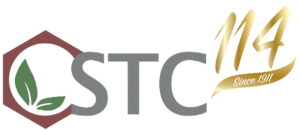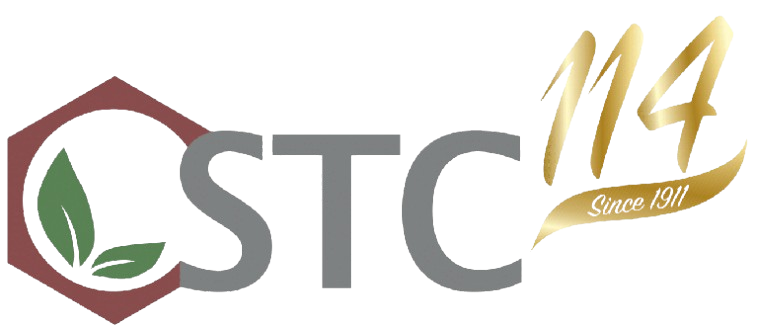

Organic farming produces products based on sustainable and environmentally friendly farming practices. The organic label on the product is proof of its organic status. The label has been developed in accordance with Article 30 of Regulation (EU) 2018/848 of the European Parliament and of the Council.
To be able to display the organic label on their products, an organic farmer must comply with a number of requirements. One of the requirements is that each operator must draw up and implement a precautionary action plan when starting organic farming, in accordance with Article 28 of Regulation 2018/848.
The aim of developing a precautionary action plan is to avoid the presence of unauthorised products and substances not only in the final products, but throughout their production. In order to implement the plan, the operator shall identify possible risk phases and develop a set of corrective measures to reduce or eliminate the risks of contamination.
The action plan is developed and implemented with the inclusion of the enterprise in the organic control system. Changes in nature and in the process are evaluated during the operation. The precautionary action plan is reset and new corrective measures are introduced in line with the new changes. Given that situations tend to change rapidly, for most enterprises, the precautionary action plan should be redrafted each year.
Both external and internal sources of pollution should be addressed when developing a precautionary action plan. As international and domestic experience has shown, it is difficult, if not impossible, to influence external sources of pollution. On the other hand, internal sources of pollution can be controlled and prevented by timely planning of the production process (timely purchase of economic inputs such as vegetatively propagated seed material, feed additives and other inputs, mutual supply agreements, etc.), as well as staff training. It is important to identify the critical point where the product is most likely to come into contact with unauthorised products or substances. If an operator suspects or finds that a product does not comply with the requirements of the Regulation, such products must be identified and segregated. In cases of reasonable suspicion, laboratory testing of the products shall be carried out. If the suspicion is justified, the control authority shall be informed.
Laboratory tests may be carried out by the operator independently or in cooperation with the Sertifikācijas un testēšanas centrs SIA. An official investigation shall be launched to establish the causes of the presence of unauthorised products or substances and to identify potential sources of contamination. During the investigation, the operator has the right to express his opinion on the possible occurrence of the contamination and to indicate the sources of the contamination. Additional laboratory tests may be carried out during the investigation, both on the soil and on other processes related to the product.
Where the control authority has established that the operator has used products and substances the use of which is not authorised in accordance with Article 9(3) of Regulation (EU) 2018/848, or has not taken the precautionary measures referred to in Article 28(1), the operator shall be prohibited from placing products on the market with a reference to organic production. The control authority shall inform the Member States concerned and the Commission of the results of the investigation as well as of any other measures.
In order to maintain the high quality of our products and the trust of our consumers, we invite you to interact with SIA "Sertifikācijas un testēšanas centrs" by attending our seminars and training courses.

To provide you with the best experience, we use technologies such as cookies to store and/or access device information. Consenting to these technologies will allow us to process data such as browsing behaviour or unique IDs on this site. Not consenting or withdrawing consent may adversely affect certain features and functionality.